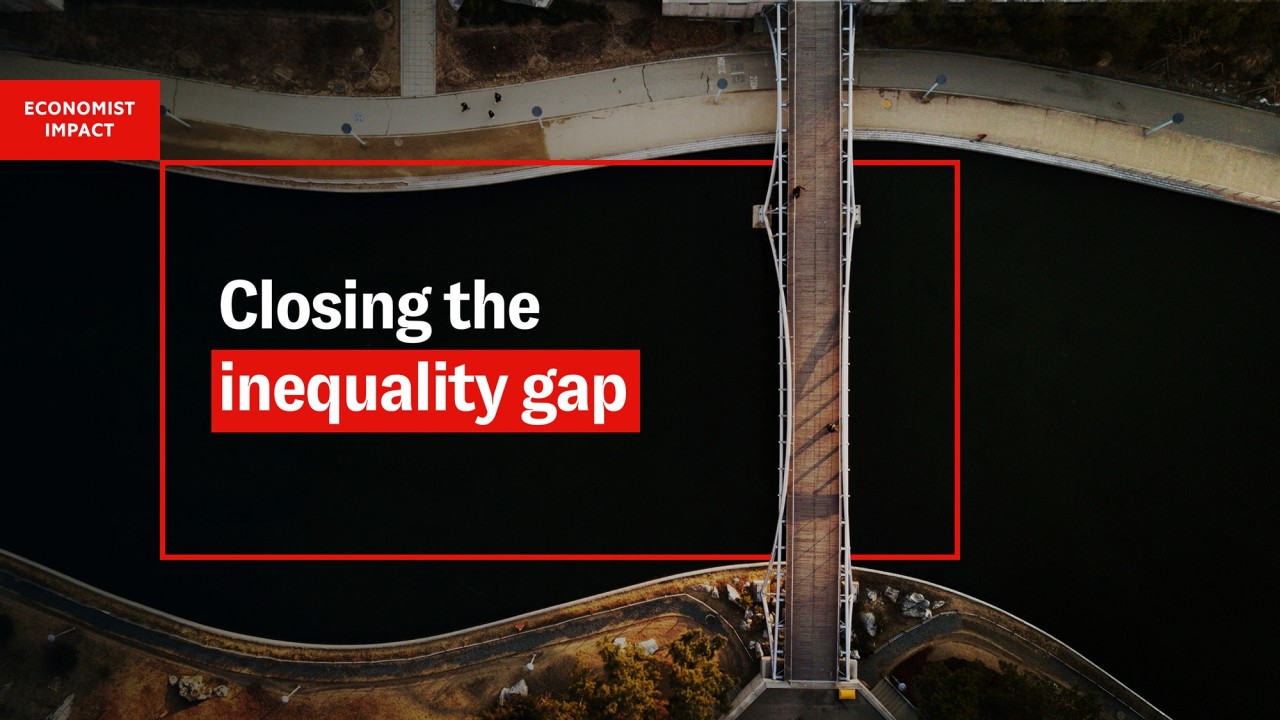
Reducing disparities to enhance society
Economist Impact
We combine think-tank rigour, media brand creativity and global influence to catalyse growth and change in the world.
Inform your discussions and decisions this week.?Inequality comes in many forms, across areas such as education, health, training and the job market, as well as in access to key resources. Addressing it fosters social cohesion and boosts global economic growth.
Toilet loss is a specific and sometimes overlooked aspect of inequality. Our research defines it as toilet facilities becoming unusable due to neglect and poor maintenance. Our latest research, sponsored by Unilever, examines toilet loss in schools. It assesses the economic and societal costs of toilet loss in school facilities worldwide—and analyses how to fix the problem.
Our research finds that 427m schoolchildren, predominantly in low- and lower-middle income countries, are currently without access to a working toilet. Nearly half of these children (205m) attend schools where toilets exist but are unusable—in short, they are victims of toilet loss.
When a school toilet becomes unusable, it increases the rate of sickness among students and thus contributes to higher absenteeism. That in turn exacerbates the school attendance problem that became particularly problematic and prominent during the global pandemic. In addition, our research shows that poor maintenance of school toilets has resulted in socioeconomic losses of at least US$12 billion globally in the past eight years from avoidable healthcare spending and from parents taking days off to care for sick children.
Also in this issue, understand how the agricultural value chain aims at ensuring access to nutritious food, learn about the critical factors affecting mental health care and find out how digital financial services can improve economic inclusion.
Explore our global findings on toilet loss in schools—and find out how it can be stopped.
Deadly heatwaves are surging. Understand why equitable cooling is needed to protect communities most at risk.
Join us in Hong Kong to explore how Asia is driving commercial and societal change through technology. Assess the region’s role in the global digital race.
The causes of inequality, and inequity may also be considered. Without addressing them making changes would be very difficult. They may not be the right, most important, starting points for policy making. Also, useful would be to discover their linkages with social networks or communities in different countries. How they are formed can vary, and it could be difficult to discover priorities and motivations of people. So that research would have its own challenges.